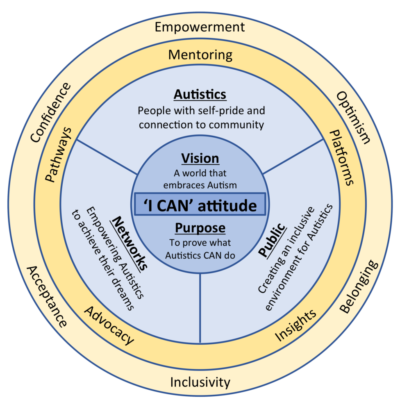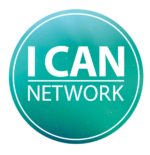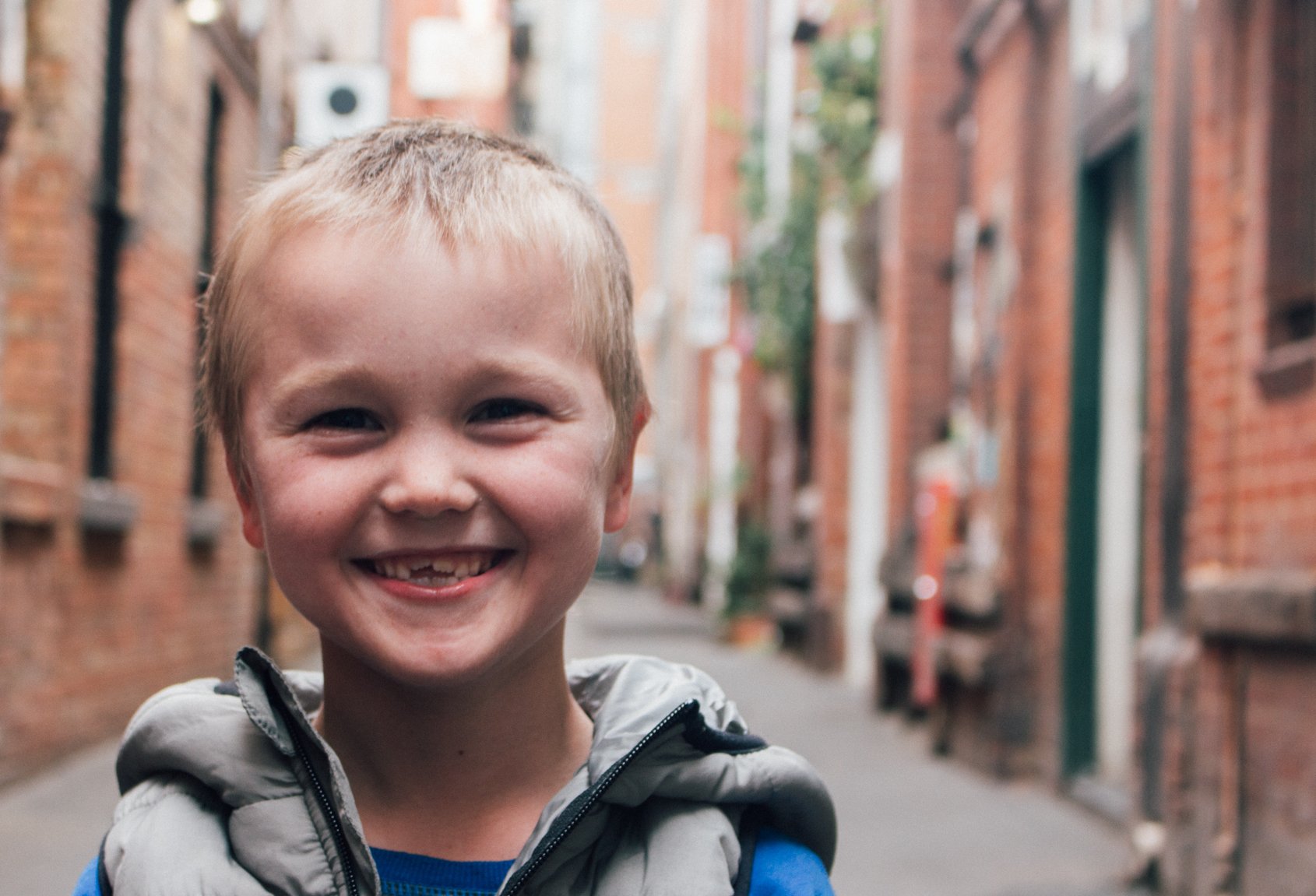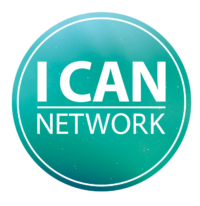WHY DOES OUR WORK MATTER?
Autistic young people aged 5-20 years face significant challenges in school. In 2018, 77.7% Autistic young people experienced difficulties in school, particularly in fitting in socially (59.8%) and in communicating with other people (51.5%). These difficulties contribute to social isolation and increased rates of bullying, with 77% experiencing bullying within the past month. Additionally, 45.9% of Autistic students required more support at school than what they were receiving, indicating that not enough is being done to support Autistic students at school and in the classroom.

If Autistic students are not supported at school, they can face devastating life outcomes. They are less likely to finish school, with 32.4% not completing year 10 or above, and less likely to obtain a university qualification at 8.1%, four times lower than people without disability. Consequently, Autistic people find it more difficult to be employed with 34.1% being unemployed. This is three times higher than people with disability and eight times more than people without disability.
Difficulties in school can also contribute to increased risk of mental ill health among Autistic people. It is estimated that 38% Autistic people aged 14-80 years have depression and/or anxiety, higher than the general Australian population.
These statistics highlight the importance of running programs that improve Autistic young people’s social connections and self-esteem and creating Autism-friendly school environments that better support Autistic young people.
what are our solutions?
“I CAN Network is an Autistic-led social enterprise that aims “to prove what Autistic people CAN do”. We work towards this goal by running three main programs.
Group mentoring programs
We run group mentoring programs with Autistic young people that promote a respectful, strengths-based view of Autism. In these programs, we run games and activities that allow Autistic young people to connect to each other and to improve their skills and self-esteem. We deliver these mentoring programs online as well as in primary and secondary schools (in the form of Imagination Club® and I CAN School® mentoring programs respectively).
Professional development programs
To make the school environment more supportive of Autistic young people, we run professional development programs with school staff and school presentations with school students. Our professional development programs aim to equip school staff with the knowledge and skills they need to better support Autistic students in the classroom and school. Similarly, our school presentations aim to introduce non-Autistic students the importance of respecting and supporting Autistic students in school and beyond.
Employment opportunities for Autistics
I CAN Network also provides employment opportunities for Autistic young people and young adults who show leadership potential to mentor other Autistic young people. These opportunities not only allow promising Autistic leaders to make a positive impact to other Autistic people, they also build transferable skills such as communication and leadership that are needed for them to secure sustainable employment in the future. These opportunities extend to mentees who show leadership and a strong ‘I CAN’ attitude in our mentoring programs. These mentees become trainee mentors who lead activities within their own program. Becoming a trainee mentor opens a pathway for them to be potentially employed by I CAN Network in the future.”
What outcomes do we want to achieve?
The I CAN program empowers Autistic young people to develop social, emotional and leadership skills across several years. Autistic teenagers who have participated in a full year program (Stage 1) can choose to progress to ‘Stage Two’ in which they are given more leadership opportunities during mentoring sessions.
In our mentoring programs, we aim to make a positive impact to Autistic young people in the following four domains:
- Program experience: We want all mentees in our mentoring programs to have a positive program experience. This means that not only are they satisfied with the mentoring programs, but they engage and participate in the mentoring sessions.
- Behavioural/attitudinal change: We spend most of our time on driving behavioural and attitudinal changes among Autistic young people. Our mentoring programs hope to enhance Autistic young people’s self-esteem by developing their self-confidence, optimism, self-acceptance and mental wellbeing. Our mentoring programs also improve Autistic young people’s sense of belonging by building social connections with other Autistic young people in the program.

- Self-advocacy/sense of agency: We want to empower Autistic young people to talk about themselves and their Autism to other people. In relation to this, we want to build the capacity of Autistic young people to advocate for adjustments that best meet their needs in school, tertiary education or the workplace.
- Engagement with school/community: We want to enhance Autistic young people’s connection to school. Our mentoring programs hope to have Autistic young people engage more in school and have smoother transition experiences from primary to secondary school and towards post-school pathways. Additionally, our mentoring sessions aim to develop transferable skills among Autistic young people such as teamwork, communication and public speaking that are important for living well and securing sustainable employment.
Outcomes Frameworks for families and teachers of Autistic young people and other community members are currently being developed, and will be released as soon as they are ready.
How do we measure our social impact?
Program evaluations form an integral part of I CAN Network. We plan and conduct our own evaluations to measure and improve the quality of our programs as well as build an evidence base behind the social impact of our programs. Data collected from the evaluations are reported to our funders through government reports as well as to the public through our social impact reports.
Social impact reports
Each year, we produce a social impact report that provides a snapshot of what we have done during the year and the positive results we have produced. The social impact reports aim to describe the impact we are making to Autistic young people and the people that support them, in a format that can be understood by the public and policymakers. You can find our previous social impact reports below:
